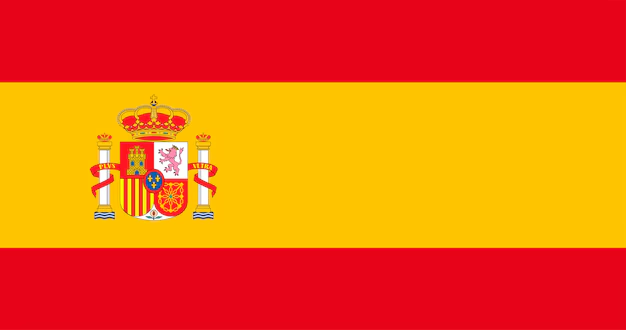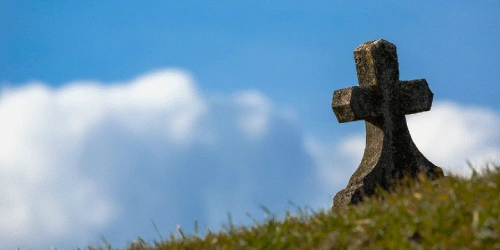Day of the Dead – November 1st and 2nd
Definition: All Souls' Day is a ritual practiced in many cultures and religions, which often dedicate one or more public holidays to commemorating the deceased.
All civilizations around the world celebrate All Souls Day at the beginning of November. Men pray for the rest of the souls of the deceased. Others ask for their favor or that of the spirits of death. Where do these beliefs come from?
The Egyptians, Romans, and Greeks believed that souls pass through a place of torment and purification before entering heaven. Plato in Timaeus and Virgil in the Aeneid speak of a place of suffering where the souls of the dead pass to purify themselves. The historian Muller describes in the Dorians the custom of offering sacrifices to Mercury, conductor of the dead, on the 30th day after the death of a parent. These sacrifices were to be used to pay for the sins of the dead, so that he would be allowed access to Olympus.
In the year 593, Pope Gregory I proclaimed the existence of purgatory, although for the past 600 years, this belief had not existed among Christians. Purgatory was designated as a place of atrocious suffering where souls who died in a state of venial sin go to atone. The payment of indulgences could shorten the purgatory sentences of the deceased, and prayer for the dead in this purgatory was established.
St. Jerome introduced the book of Maccabees into Scripture around 400 AD: “It is a holy and salutary thought to pray for the dead that they may be delivered from their sins. » 2 Maccabees 12:45-46
But God had categorically forbidden the Jewish people to pray for the dead, and the Hebrews declare that the book of Maccabees does not belong to their original writings. The Old Testament teaches: “They trust in their possessions and glory in their great wealth; they cannot redeem one another, nor give to God the price of their redemption. The redemption of their souls is expensive and will never happen. » Protestant religions also reject the book of Maccabees as having been written to give a biblical origin to the cult of the dead. This sentence from Christ is used as a clue to the existence of purgatory by those who believe in it: “Truly, I tell you, you will not come out of there until you have paid the last quadrant. » This sentence is unfortunately taken out of context, because Jesus asked the disciples to be honest in business and to pay all debts, because they will have to face their failings and the consequences of dishonest actions.
The Bible says: “For we must appear before the judgment seat of Christ, that each one may receive according to the good or evil that he has done while in his body (2 Cor 5:10). It is for what we have done in our body that we will be judged, there will be no penance in the afterlife for the redemption of our souls.
Can our prayers alleviate the faults of the dead, and save their souls?
The scriptures say, “For it is appointed for men to die once, after that comes judgment.” » (Heb 9:27). Judgment will come after death and will therefore have nothing to do with subsequent prayers and requiem masses.
Should we carry out all kinds of ceremonies for the salvation of the souls of the deceased?
Another of the disciples said to him, “Lord, allow me to go and bury my father first. But Jesus answered him: follow me and let the dead bury their dead. » (Mat 8:21-22).
Does God want us to mourn the souls of the departed who accepted Jesus as our personal savior?
“We do not want you, brothers, to be ignorant concerning those who sleep, so that you may not grieve like others who have no hope. For if we believe that Jesus died and rose again, let us also believe that God will bring back through Jesus and with him those who died. » (1 Thess 4:13-14)
All Souls’ Day is celebrated everywhere. But as we have just seen, God prohibited it. So, avoid cemetery events and other ceremonies to honor the dead. God lives, rejoice with the living.



